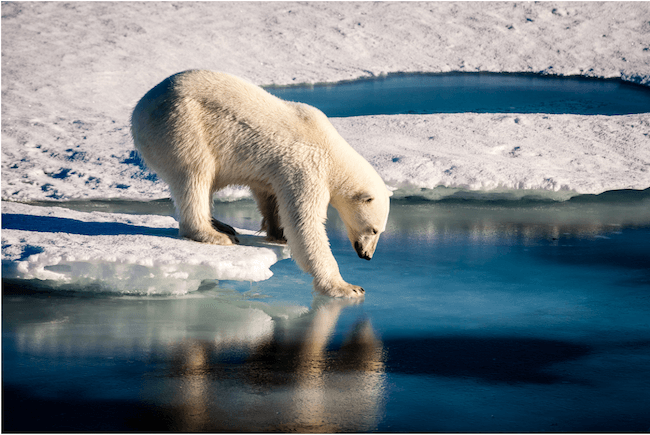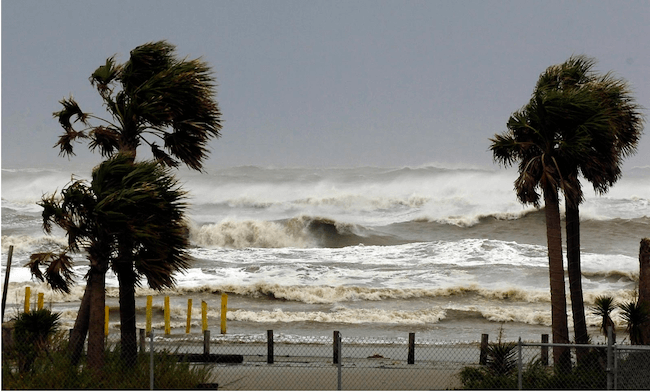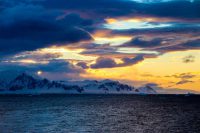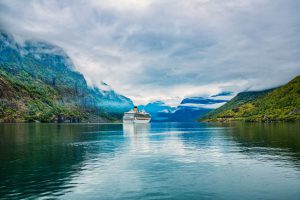Today, the effects of pollution are having a serious impact on the environment. After more than a century of unchecked carbon emissions, the consequences of human activity is becoming clear. Many people are aware of the subtle changes global warming is causing, like higher temperatures and poor air quality – however, there are many long-term effects that will have a serious impact on the planet. For example, global warming is causing glaciers to melt in the Poles, mountains, and Patagonia. In this article, we explain the effects of pollution on glaciers and the consequences for our planet.
Serious flooding
According to a new study, glacial meltwater is 50% higher than it was in the pre-industrial period. If glacial melting accelerates further, more water could enter river systems than channels can handle. This has the potential to cause serious flooding, which will displace large numbers of people and animals, destroying farmland and residential areas. Furthermore, in coastal areas, residents are already reporting rising tides and higher sea levels.
Freshwater shortages
As the Earth’s population continues to grow, freshwater shortages become one of the most alarming effects of pollution. Over 97% of the world’s water is seawater – which means that only 3% is fresh drinking water. Approximately 75% of the world’s freshwater is held in glaciers, most of which are in the Antarctic. Considering that ice is melting faster than it is forming, more freshwater is lost into the planet’s oceans where it mixes with saltwater.
Endangered wildlife

Polar bear populations have been gradually declining over the years due to the destruction of their habitat in the North Pole. Polar bears are specially adapted to their Arctic homes, so as these environments change, bears are exposed to unfamiliar terrain. The damage to their environment also causes food shortages, which has led to polar bears becoming an endangered species.
Destruction of marine habitats
Coral reefs are essential to the health of the ocean. They provide a habitat for more than a quarter of all marine life, regulate carbon dioxide levels, and protect shorelines. However, rising sea levels are threatening coral reefs as deeper waters mean coral can’t access sufficient light. In turn, this threatens marine wildlife which relies on the coral for their survival. Furthermore, this could have a knock-on effect on fishing stock, which has the potential to create food shortages.
Extreme weather

Sea currents regulate global weather systems. These currents are cold and warm, which subsequently affects the climate of the adjacent land masses. However, one of the most significant effects of pollution is that changing ocean temperatures are reversing the movement of currents. This process increases the frequency of tropical storms and hurricanes. These phenomena upset the delicate balance of the environment, threatening humans, wildlife and plants.
Managing the effects of pollution
Scientists are now convinced that climate change is the result of human activity. Therefore, it will take human intervention to slow or reverse the effects of pollution in the environment. The glaciers of the North and South Poles may seem far away, but there are simple things everyone can do to protect the Earth’s delicate ecosystem. These include recycling waste, planting trees, using fewer fossil fuels, and driving less. With a few simple lifestyle changes, every household can do their bit to slow glacier melt and protect the planet.
No comments yet
There are no comments on this post yet.






Leave a comment